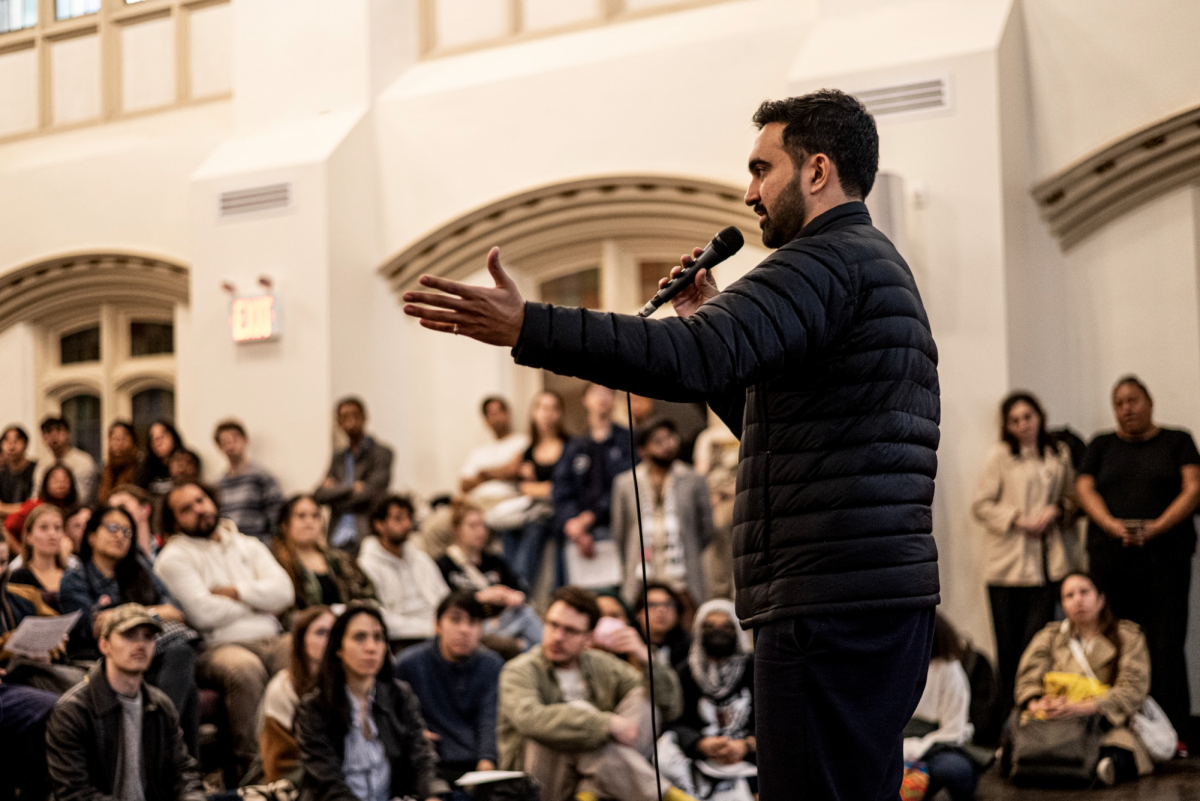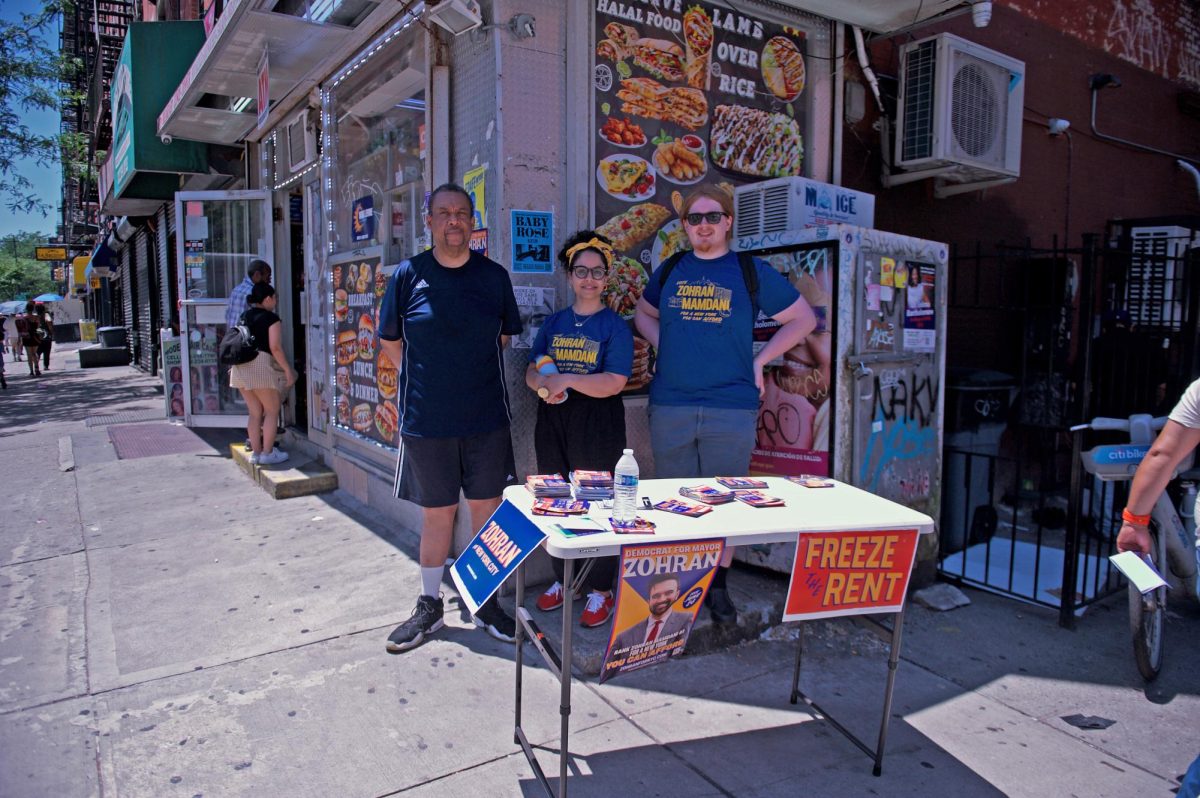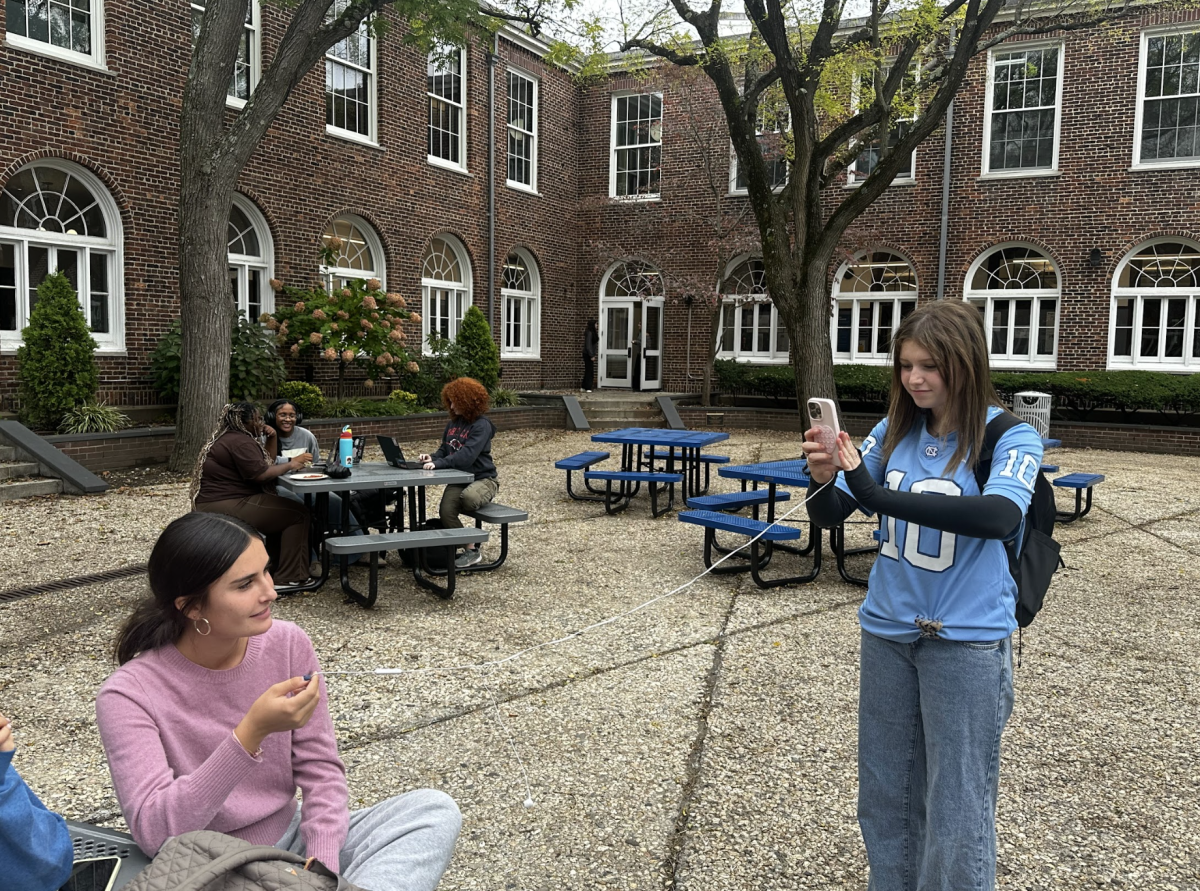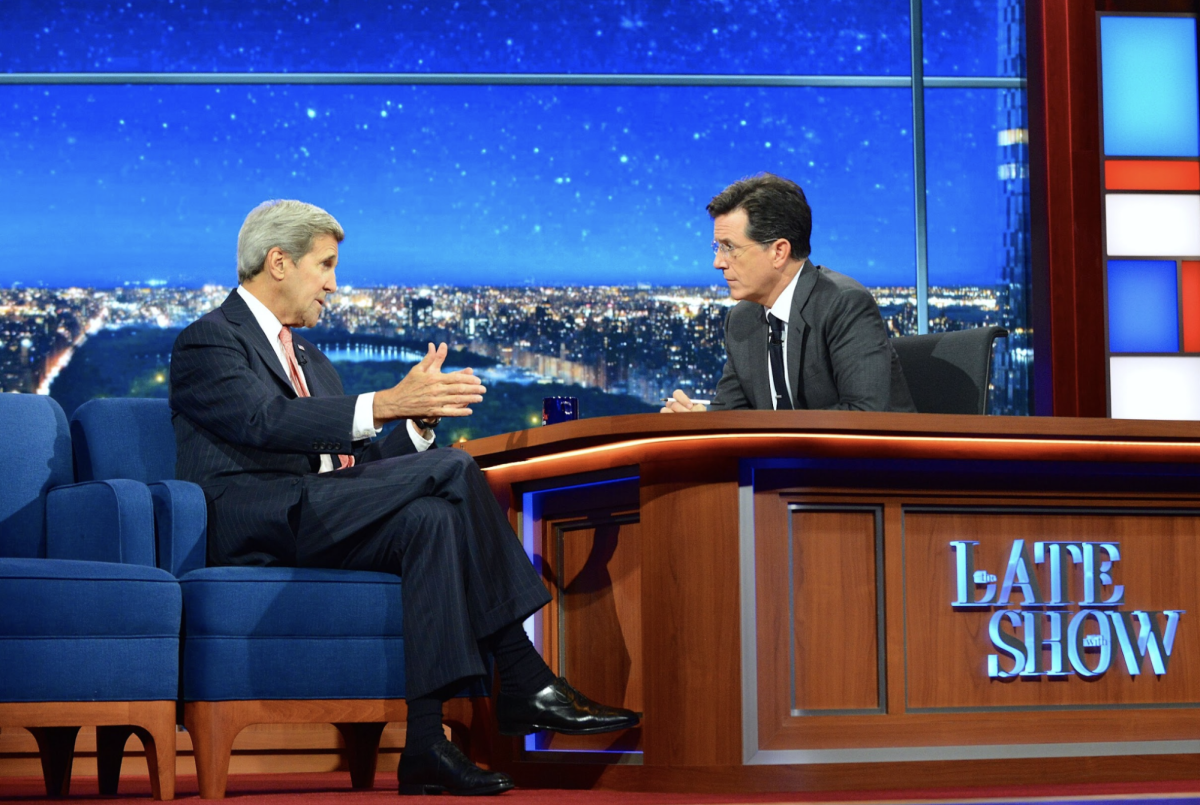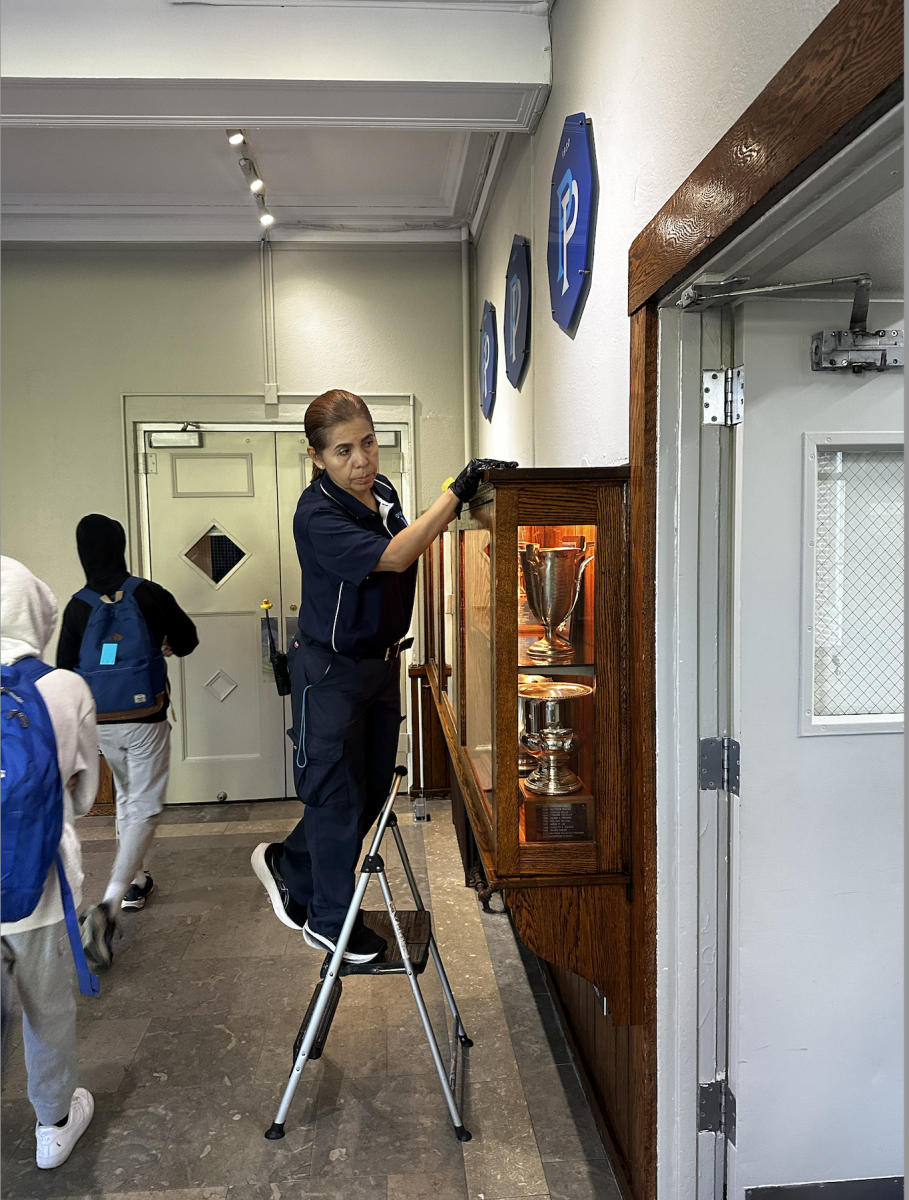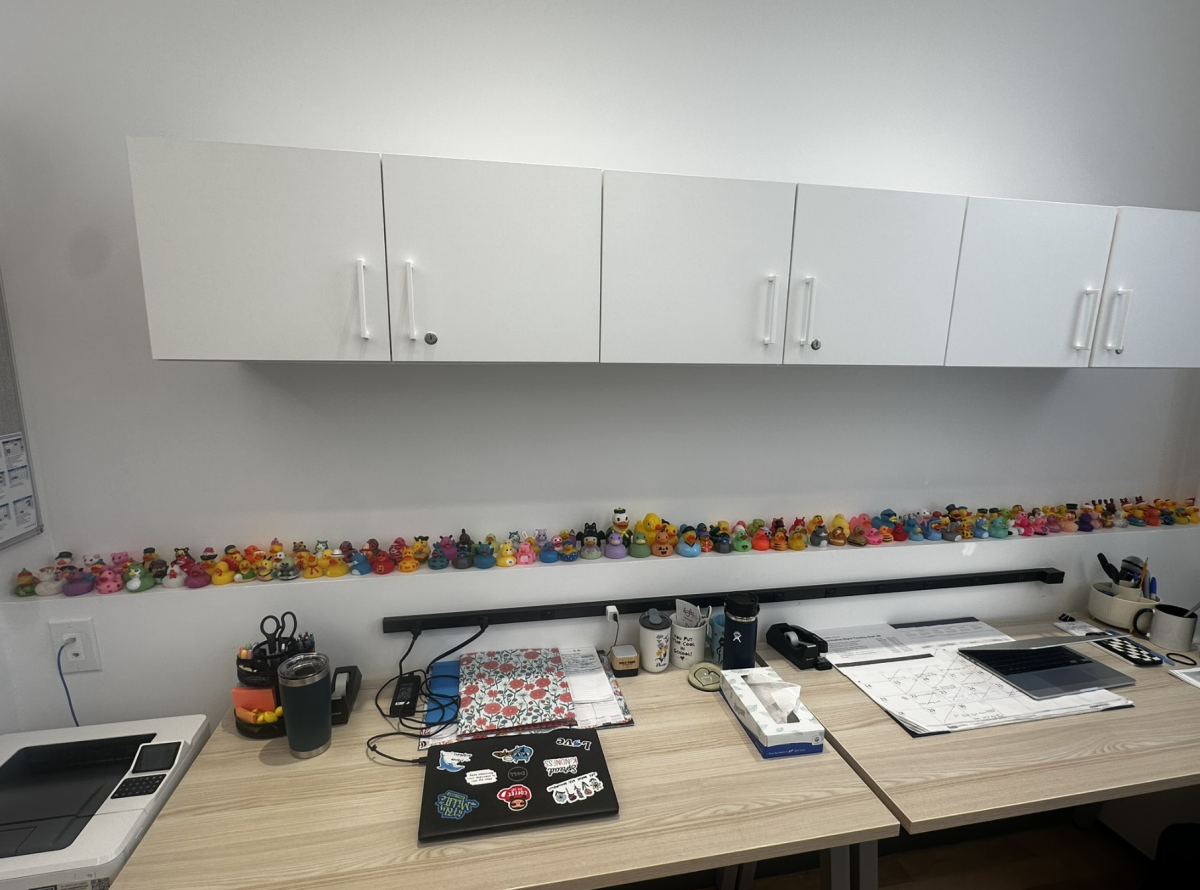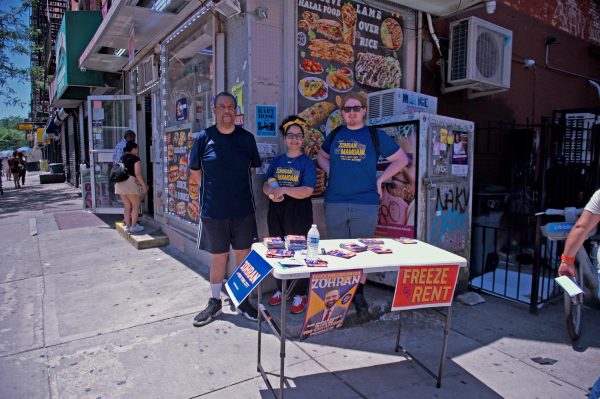Politicization of the Pandemic
More Opinions
The COVID-19 pandemic has been politicized worldwide. In some countries, the politicization has been productive and fair, while managing not to interfere with health experts’ authority. On the other hand, it’s had the opposite effect in certain countries, including the U.S.
Reasonably, problems and events are politicized simply because they bring up other political topics that needed to be addressed. The coronavirus pandemic, for example, has revealed weaknesses in the healthcare system and has shown the lack of equity regarding different neighborhoods’ access to hospitals and testing sites. Some communities have to travel multiple hours just to get tested, while others have multiple testing sites set up in their neighborhood. In many countries, including many U.S. allies, this was the extent of the politicization.
For example, a few of the United Kingdom’s issues were exposed by the pandemic. Nicola McEwen, professor of territorial politics at the University of Edinburgh, explained that the pandemic clearly revealed “that the four nations are now run by different political parties who have different ideologies and different ideas about the UK’s future.”
Across the ocean, the U.S. and Brazil took politicization to the next level. As issue after issue was exposed by COVID-19, political leaders utilized the consequences of the virus to rebuke their opponents.
As seen in the U.S., President Trump downplayed the severity of the virus in order to make himself look competent and successful. As the death toll and infection number rose, the Democratic presidential nominee, Vice President Joe Biden, began to constantly advertise and campaign off of President Trump’s failure to control the virus. Although it may not have been intentional, President Trump and Vice President Biden used the largest public health issue in a century for their political gain.
And it wasn’t just them. Science Advances, an online journal that publishes original research, analyzed over 30,000 tweets from lawmakers in the U.S. Congress. They found that initially, most tweets simply addressed the public health issue and discussed what must be done to combat the virus. Soon after these initial tweets however, lawmakers realized the potential political gain that could be derived from the virus and no longer tweeted with the intent of improving public health, but rather with the intent of advancing their party’s political agenda. Clearly, politicizing the coronavirus in tweets practically spread like its own virus.
Because the coronavirus pandemic is an issue of public health, politicians need to let the health experts lead. It is reasonable to use one issue in order to expose another, so that it may be understood and addressed appropriately. However, turning a public health crisis into a playing field for politicians is not acceptable. Lives come first, politics come second.



